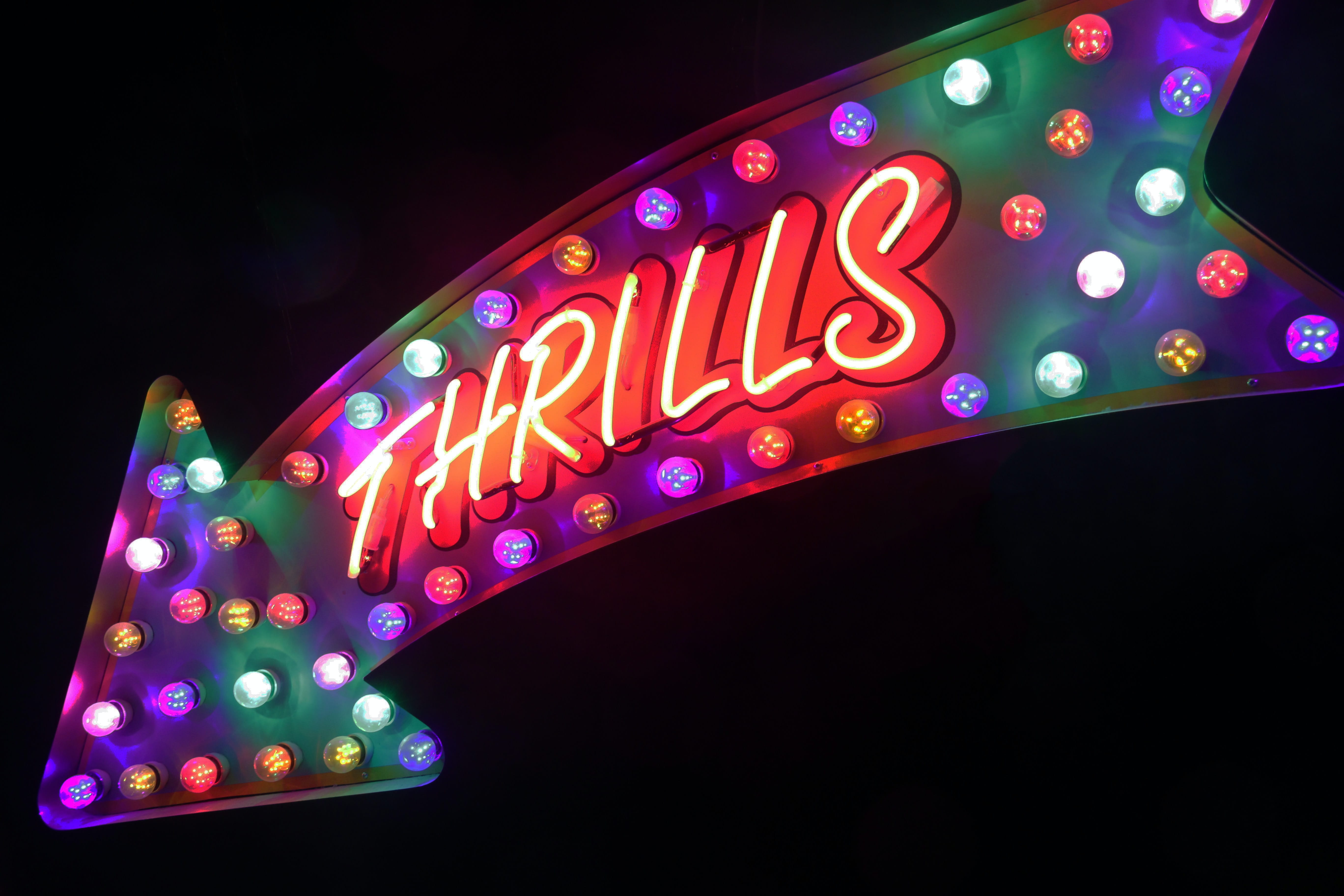The new government of New South Wales have new gaming laws. Public gambling signage is now no longer allowed. But this is just the tip of the iceberg. The Labour Party is finally back in power in state government. Their lofty promises of gambling reform are becoming real – paid for by Star Casino and their record-breaking AU$100 million fine.

Public signage outside pubs and casinos in NSW will no longer be allowed to advertise the gambling thrills and fun to be found inside.
©Nick Fewings/Unsplash
The New South Wales (NSW) state government made key election commitments to curtail money laundering and reduce problem gambling. NSW is the most populous state in Australia, with over eight million residents. It also contains the highest number of “pokies” – Electronic Gaming Machines (EGMs) – almost 100,000 of them. This became a point of contention at March’s 2023 election, with both major parties seeking to outdo the other on the topic.
In late October 2022, the NSW Crime Commission published the final report of Project Islington. The project involved the cooperation of multiple state and national government agencies. The report shows that rather than directly laundering cash, criminals were spending the proceeds of their crimes on playing the pokies. Under NSW law, cleaning “dirty money” or spending the proceeds of crime are both considered “money laundering” under the Act.
So, combining both public sentiment and criminal analysis, the Labour Party came up with a range of initiatives around gaming and gambling. Most slot machines in NSW are located in Clubs and Hotels – not casinos as is typically the case in most countries. Registered Clubs are a special legal entity in NSW (and most of Australia) and are often associated with a sporting activity, like football or surfing. The Clubs are generally expected to have hospitality and gaming available and to contribute profits to the sporting group they’re linked to.
Strong Reforms
On 1st September 2023 one of the reforms came into play, the removal of signage on walls outside of gambling establishments. Wording and pictures associated with gaming are no longer allowed to be displayed, such as “VIP Lounge” or pictures of dragons, coins or lightning bolts. Clubs and hotels that don’t remove their existing gaming signage face fines of $11,000 per offence.
Already, as part of Labour’s pre-election commitments, feed-in limits on Pokies have been reduced. Previously, players were allowed to load up an EGM with AU$5,000 at a time. It has now been reduced to $500 in NSW. Other states seem to be following suit, like Victoria, who are reducing their $1,000 limit to $100.
The Budget
The previous government had budgeted AU$173 million for gaming machine reform. The new government neatly utilised this allotment, to pay for its own new gaming reform measures. $100 million of the budget is to come from the Sydney Star Casino fine – after it was found to have not prevented money laundering and criminal activity on its premises.
Nine actions for gaming reform were listed by Labour during the Pre-election. Only two were listed as being not zero-cost; the cashless gaming trial, at AU$3.4 million, and an enhanced self-exclusion program at AU$6.4 million. It was expected that costs would differ once the actual policies began to come to life.
Policy in Action
Four of the nine policy measures were simple legislation changes in parliament. The footwork for these changes would then be done by the Clubs and Hotels that they impact. The first sitting of the newly elected Labour government showed their first Amendment; the banning of donations to political parties or candidates by Clubs and Hotels that have pokies. The feed-in limit reduction of new machines has also been Enacted, with older machines gradually being altered to come in line with the lower limit.
Along with the aforementioned signage ban, the number of gaming machines allowed in the state will be reduced. The legal cap is currently higher than the number of existing machines. This makes it easy to reduce the cap, as no Clubs or Hotels are immediately affected. In the future, venues that wish to trade or acquire new EGMs will forfeit one in two (or one in three) machines. Their individual venue caps would be reduced slowly. Grants will be provided to diffuse financial strain from the reforms.
Existing facial recognition systems that cover pokie playing areas will be enhanced. A state-managed self-exclusion register will be tied in. Venues will foot the bill for the technology, and the government will pay for creating and maintaining the state-wide register. Facial recognition systems are estimated to cost between AU$10,000 to $30,000, depending on the number of machines and the size of the area they inhabit.
Of the two final policy commitments, the new requirement of a “Responsible Gaming Officer” (for venues with over 20 EGMs) is the easier. The flagship policy action is a cashless gaming trial, expected to be instituted across the state by 2028. An Independent Panel has been created – with 45% gender parity – to oversee the trial and other reforms.




